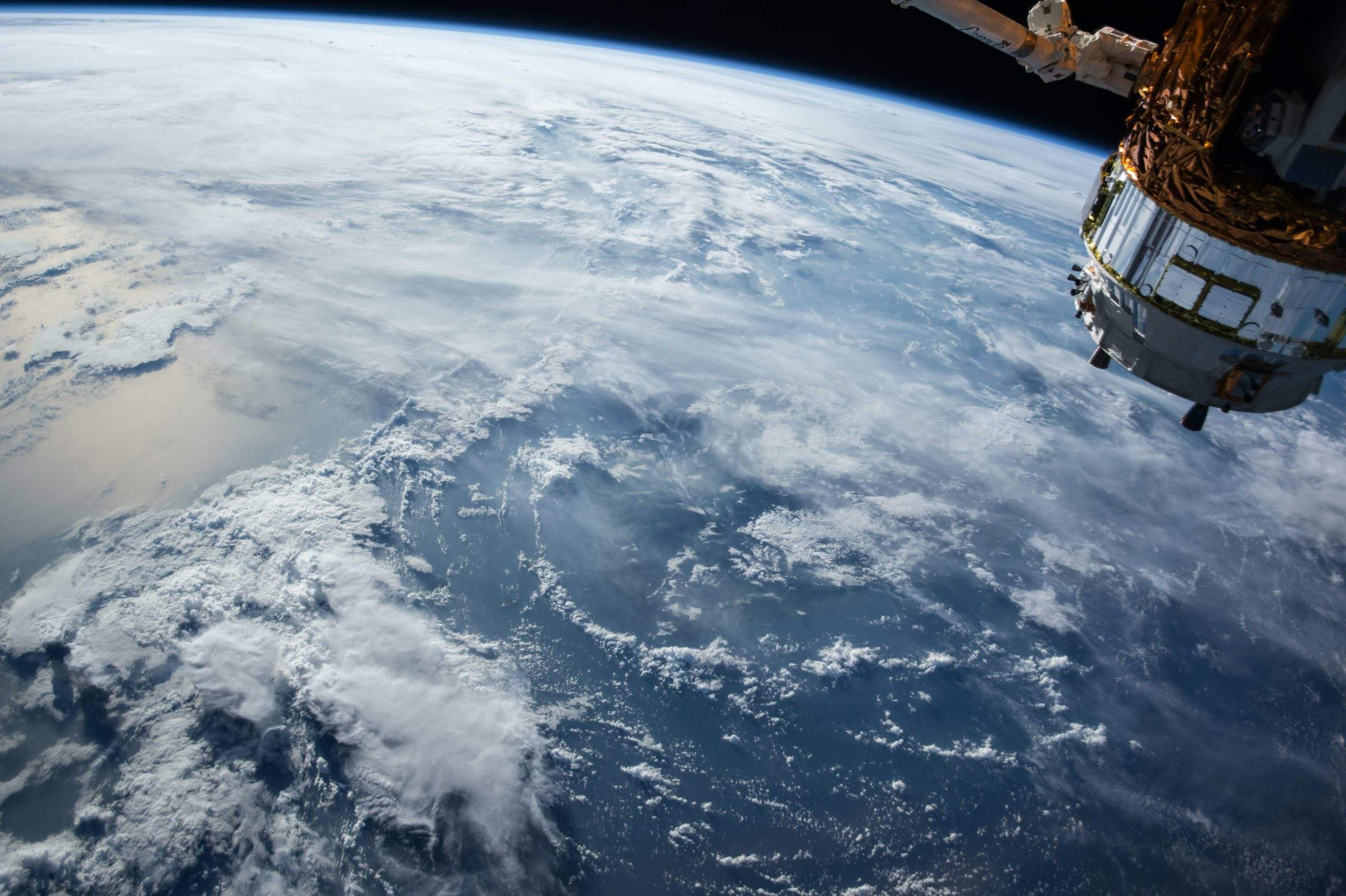Twelve bottles of wine and 320 vine shoots have returned to Earth after having respectively spent 14 and 10 months on board the International Space Station (ISS) for the sake of research into wine-growing and wine-making.
Sending wine into space: that was the crazy idea of a start-up called Space Cargo Unlimited. The goal of the mission, called “WISE”—for Vitis Vinum In Spatium Experimentia – is to study the impact that the space environment, low gravity and exposure to space radiation might have on the main components of wine over the course of a year.
“The WISE Mission aims to advance our knowledge about wine-growing just as much as about wine-making,” Nicolas Gaume and Emmanuel Etcheparre, cofounders of Space Cargo Unlimited, explained at a press conference in Bordeaux on March 24.
“Both that process and how wine ages are still largely mysteries. By studying them, the founding father of oenology, Louis Pasteur, made fundamental discoveries for the life sciences. Today, we believe that the unique particularities of the space environment can help us move that research forward.”
- Wine-tasting in space –
The adventure began in November, 2019, when a case of 12 bottles of the 2000 Petrus vintage was sent to the ISS with the technical support of Thales Alenia Space and an America company called Nanoracks. After 438 days of weightlessness at an altitude of 450 km., the precious bottles came back to Earth on January 14 of this year. They are currently undergoing research and analysis in Bordeaux.
A first tasting took place in late March, during which experts were given “space wine” and the same vintage that stayed on Earth, blind. “Both wines were unanimously saluted as excellent,” Philippe Darriet, director of the oenological research unit at the Institute of Vine and Wine Sciences, stated. “Which means that despite its 14-month stay on the International Space Station, the ‘space wine’ earned high sensorial marks.”
Nonetheless, the specialists noticed differences in color between the two wines. The research and analysis program is still in its early stages; observations of the wine’s bio-chemical properties will continue for years.
- Faster growth –
Like the 12 bottles of Petrus, 320 vine shoots spent ten months on the ISS, thanks to a partnership with the CNES and the ESA. The shoots came back to Earth in January. Planted shortly after their return, scientists have already observed that the effects of the absence of gravity on the shoots were perceivable to the naked eye after just a few weeks: the “space shoots” were growing faster than the ones that had remained on Earth in similar conditions.
“Even though it’s still too soon to make any hard scientific claims, these early observations validate Space Cargo Unlimited’s unique and innovative approach, which consists, on the one hand, in using space as a new dimension in research for the future of agriculture on Earth; and on the other, in capitalizing on vines and wine, which offer such fertile ground for scientific research, as Pasteur demonstrated over a century ago,” the two founders of the start-up concluded.
If you liked this article, read the one about Henaff’s cans
